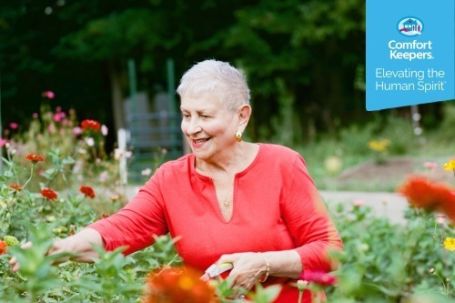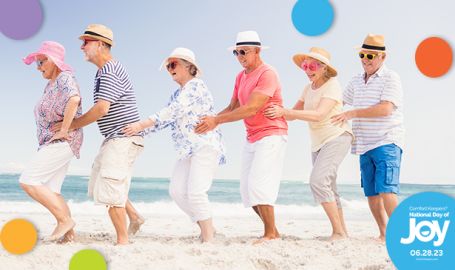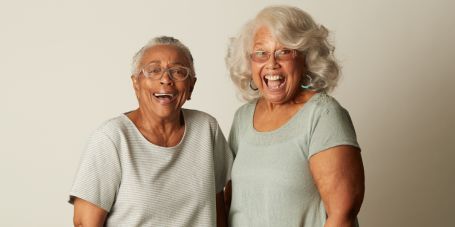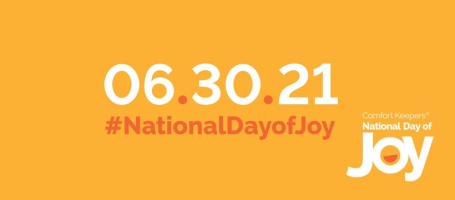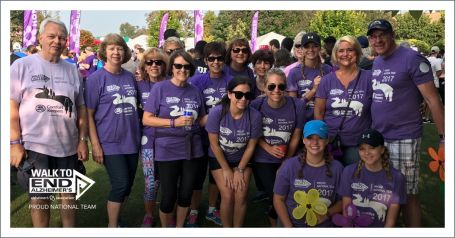Elder Care Resources Information in Lincoln, RI, and the surrounding areas
Learn more about Lincoln, RI Comfort Keepers elder care Resources that elevate the human spirit.
Not sure what home care services your senior loved one needs? Not sure what kind of options are available? Here you'll find all the resources you need to help make a sound decision on your family member's home care, whether learning about Comfort Keepers' services or managing the costs associated with home care. Let us keep your loved one living happily and independently while you have peace of mind knowing they are cared for like we would our family.


